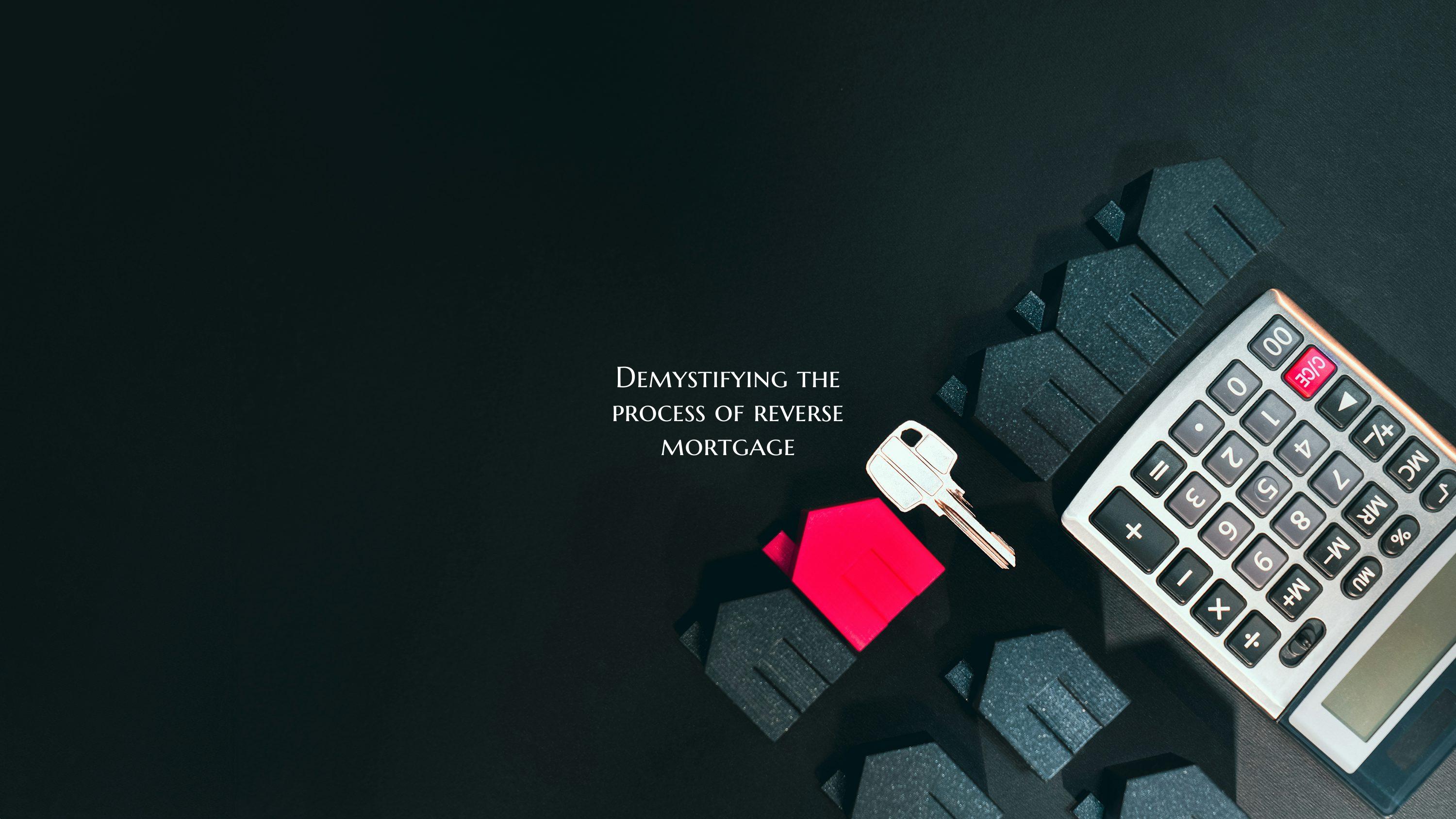Demystifying the process of reverse mortgage

Introduction: Reverse mortgages have gained popularity as a financial option for senior citizens looking to tap into the value of their homes. Despite their increasing relevance, many may find the concept of reverse mortgages confusing or intimidating. This article aims to demystify the process of reverse mortgages, shedding light on how they work, who they are suitable for, and what factors to consider before pursuing one.
Understanding Reverse Mortgages: A reverse mortgage is a financial product that allows homeowners aged 62 and older to convert a portion of their home equity into cash. Unlike a traditional mortgage, where the borrower makes monthly payments to the lender, with a reverse mortgage, the lender makes payments to the borrower. These payments can be received in a lump sum, a line of credit, or regular monthly installments, providing seniors with a flexible source of income.
Eligibility and Requirements: To qualify for a reverse mortgage, homeowners must meet certain eligibility criteria, including being of a certain age and owning their property outright or with a low mortgage balance. Additionally, borrowers are required to undergo counseling with a HUD-approved counselor to ensure they fully understand the implications of a reverse mortgage and are aware of alternative options.
Factors to Consider: Before deciding to pursue a reverse mortgage, homeowners should consider various factors to determine if it's the right choice for their financial situation. These factors include the long-term implications of reducing home equity, the impact on potential heirs, the associated costs and fees, and how a reverse mortgage may affect eligibility for government benefits such as Medicaid.
Benefits and Risks: Reverse mortgages offer several benefits, including providing additional income for seniors, allowing them to age in place, and offering financial flexibility. However, there are also risks involved, such as the potential for reduced home equity over time, high fees, and the risk of default if borrowers are unable to meet property tax or insurance obligations.
Conclusion: By understanding the process of reverse mortgages and considering all the relevant factors, seniors can make informed decisions about whether a reverse mortgage is the right choice for their financial needs. While reverse mortgages can be a useful financial tool for some individuals, careful consideration and consultation with financial advisors are essential to ensure that they align with your long-term goals and values.
